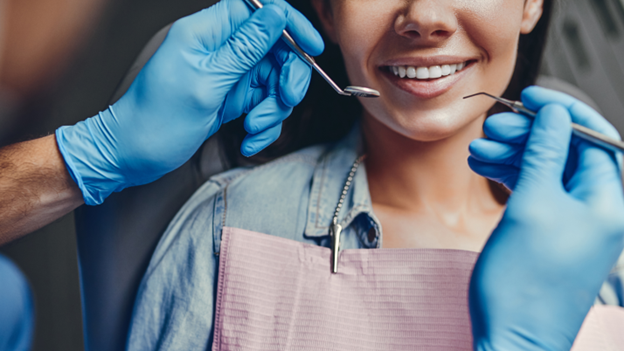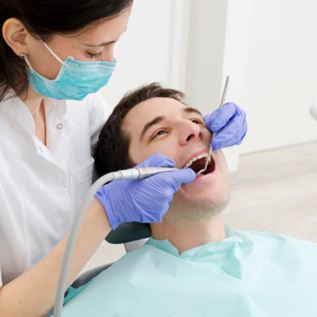
Get the Most Out of Your Dental Bridges



A dental bridge is permanently fixed to your smile and cannot be removed from your mouth, unlike dentures. A dental bridge very closely resembles your natural teeth and is a great way to restore your bite’s health and function.
When cared for right, your dental bridges could last up to 10 years (sometimes even longer).We have several suggestions so you can make the most out of your dental bridges.
Practice Good Hygiene Habits
One of the most important parts of maintaining your dental bridges is practicing good hygiene habits. This will keep them long-lasting and prevent any infections from developing. Here are some basic rules of thumb:
If you find you have chronic bad breath—also called halitosis—that could be a sign that your current hygiene routine is ineffective. If you feel like you’re doing everything right, make sure you get in touch with your dentist.
PRO TIP: Use the Canadian Dental Association’s website to find safe & effective dental tools.

Never Skip a Dental Appointment
Preventative dentistry is key to making sure your dental bridges last the full 10 years. Your dentist will be able to detect any early signs of decay or damage to your bridges.
They’ll also be able to keep them fresh by performing a standard dental exam and cleaning. This will involve scaling any plaque or tartar, which is really important because when left alone you could develop gum disease.
Avoid Risky Foods & Behaviours
Just like real teeth, your bridges are susceptible to cracks and chips. That’s why it’s important to avoid risky foods and behaviours.
Here are a few things you should avoid chewing on:
● Ice.
● Sticky or hard candy.
● Pencils.
● Fingernails.
● Dried fruit.
Pain = Bad Sign
Aside from the first couple of days, your dental bridges should never be causing you pain. Any bit of pain should be checked out by your dentist immediately.
If you’re experiencing pain, it could be a sign that your dental bridges have shifted into an uncomfortable position.
However, pain could also be a sign of something much worse. An infection may have developed between your bridge and gums, causing tenderness and inflammation.
Connect with Newbury Dental to explore your dental bridge options!

We look forward to meeting you! Call 780-760-3033, email info@newburydental.ca, or request an appointment online to set up your first visit. We’ll be in touch soon!